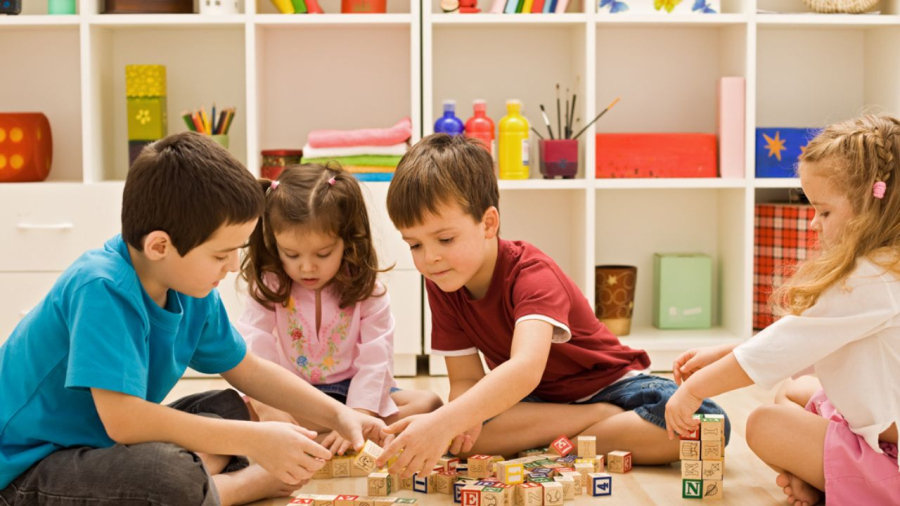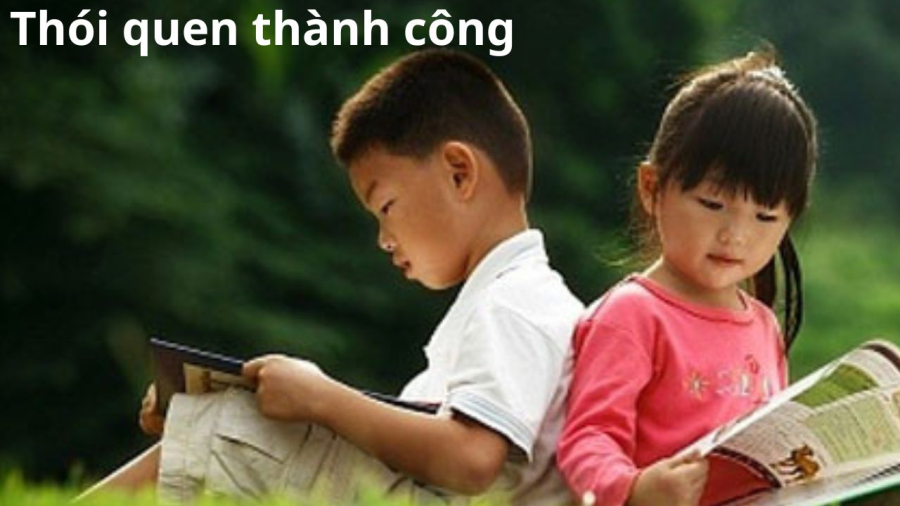Every parent wants to provide the best for their children. However, sometimes we focus too much on earning money and forget that these 8 skills are more valuable than material wealth. It is important to teach these skills to children from a young age. The more they learn these skills, the more they will grow up to be mature, happy, confident, and successful individuals.
Patience and Listening Skills
Patience and listening skills are the keys to understanding life, observing the world, and finding the right path. Teaching children to listen will help them integrate into society and become individuals who know how to behave and interact with others. However, many parents lack patience with their own children. Do not assume that as adults, we are always right. Listen to your child and learn how to listen to them, so that they can learn to listen to themselves and others.

Reading
Books are a treasure trove of knowledge. The more you read and learn, the more your mind opens up, and the smarter and wiser you become. Reading books nowadays includes reading physical books, reading news and media on the internet… Make an effort to read, as it will provide you with more understanding. The world is vast, and sitting at the bottom of a well is a major limitation for human beings. Encourage children to be open-minded and absorb the lessons from life (both positive and negative) and be a role model for them.
Communication Skills
Communication is the channel to connect with society. We cannot exist alone. Without good communication skills, children will struggle to integrate into society. They will miss out on many opportunities for personal development. Even in parenting, communication between parents and children is particularly important. Communicate with your child as much as possible, so that you can help them correct their communication mistakes.
Writing Skills
Writing is a way of expressing ideas and opinions. Without good writing skills, it is difficult to find ideal career opportunities in modern society. Writing skills are also a way to express oneself and advance in life.

Independent Work Skills
Even if you can provide everything for your child, do not turn them into dependent individuals. Teach them basic life skills such as cooking, doing laundry, changing light bulbs, etc. These are essential survival skills that make them self-reliant. The ability to face and solve problems independently is crucial for survival in modern society. It is also a fundamental ability to face life and future careers.
Teamwork Skills
In the success of an individual, there is always the role of a team. Therefore, teamwork skills are very important. Teach your child how to interact and collaborate with others, which helps them become proactive, stimulate creative thinking, and develop self-confidence in communication, as well as affirming their own abilities. Some methods for teaching children teamwork skills include participating in volunteer clubs, guiding youth organizations, encouraging them to get involved in team sports, studying in groups with friends, cooking, cleaning, or repairing things with parents.

Respect for Others
Respecting and loving others will make you loved and respected in return. Respect the privacy of others, do not gossip, do not spread rumors. Respect the caring of parents. Respect the mistakes of others, do not ridicule… These are ways to improve self-worth and create good human relationships. Teaching children to respect others is a mandatory aspect of life and the best rule for people to communicate with each other.
Gratitude
Gratitude is the foundation for our growth and success. Gratitude is the bridge that connects us with the world and with our loved ones. Therefore, teach children to be grateful for even the smallest things. Grateful children will understand the effort of their parents and appreciate the people around them. Gratitude brings peace rather than resentment. Nurturing gratitude is nurturing something good in our hearts to move forward with faith.
Therefore, saving money for children is important, but teaching them skills, giving them the right perspective on life, and developing a strong inner self are much more important. While money can be borrowed and repaid, it is having determination and integrity that will help us succeed.



































